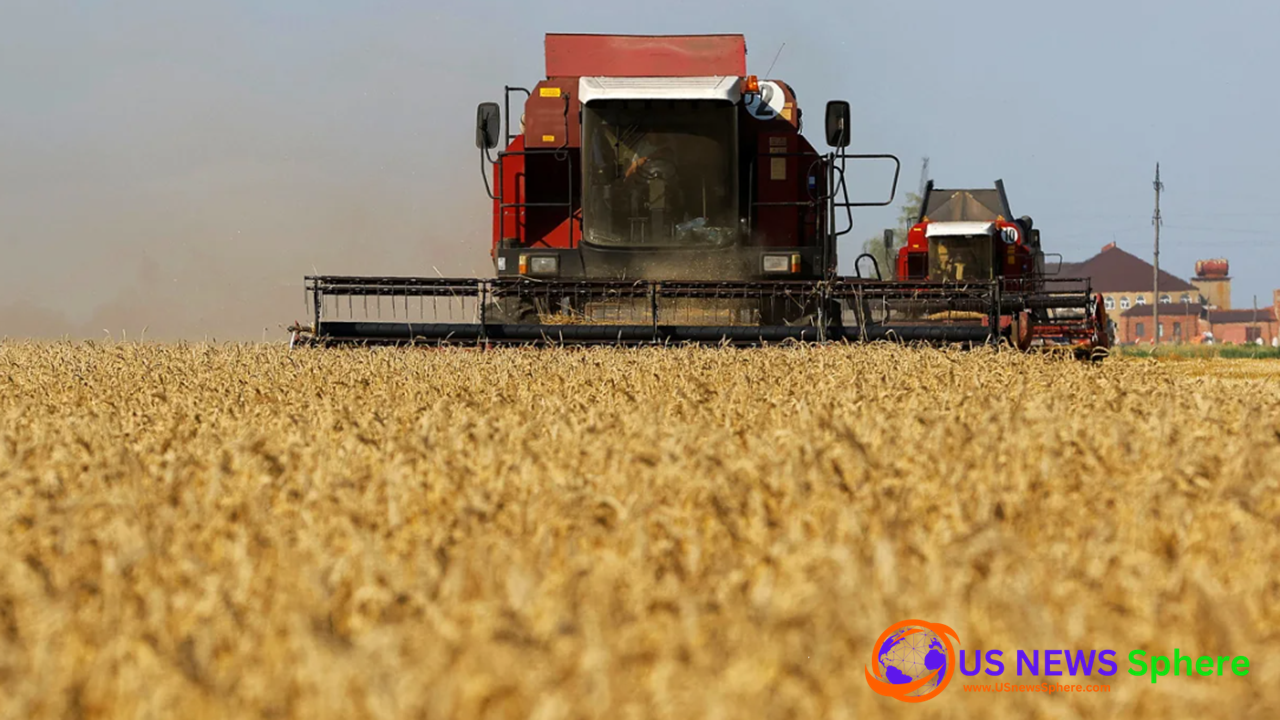Poland, Slovakia, and Hungary Take Measures in Favor of Their Domestic Farmers and Consumers
Grain Import; Amidst shifting trade dynamics, the issue of Ukrainian grain import has emerged as a hot topic in Central Europe. Poland, Slovakia, and Hungary, forming a unique trio, have decided to diverge from EU directives, igniting discussions about domestic priorities versus collective agreements. Dive into the intricate details of this development as we explore the reasons and repercussions of these decisions in our latest analysis.

Grain import:
1. Poland Prioritizes Domestic Interests
On Friday, the Polish government spokesperson, Piotr Muller, unveiled plans to implement an immediate extension of the ban on Ukrainian grain imports. The decision, he emphasized, is rooted in the “interest of Polish farmers and consumers.”

2. Hungary’s Bold Stance on the Issue
Hungarian Prime Minister Viktor Orban didn’t hesitate to express his concerns about the Ukrainian agricultural products intended for African markets now infiltrating Central European spaces. Sharing his views on the platform “X” (previously known as Twitter), Orban announced Hungary’s intention to continue the ban and “take matters into our own hands.” He voiced criticism towards the EU’s bureaucratic side, accusing Brussels of neglecting the challenges European farmers face.

3. Slovakia Upholds Protection of Its Domestic Market
In a move parallel to its neighboring countries, Slovakia’s Ministry of Agriculture also declared its intention to prolong the Ukrainian grain import ban. The announcement made on Facebook emphasized the ministry’s commitment to safeguarding Slovakia’s domestic market.

4. EU Officials Express Concern
These unilateral decisions by the three Central European nations have not gone unnoticed. Valdis Dombrovskis, the European Commission Executive Vice-President, earlier on Friday, urged countries to align their actions with the new agreement on Ukrainian grain imports. He explicitly called for nations to “refrain from unilateral measures.”

The combined decisions of Poland, Slovakia, and Hungary to pursue individual policies regarding the Ukrainian grain imports may ruffle a few feathers in the EU administration. With each country citing their domestic interests and concerns, it remains to be seen how the EU will respond to these nationalistic measures.





